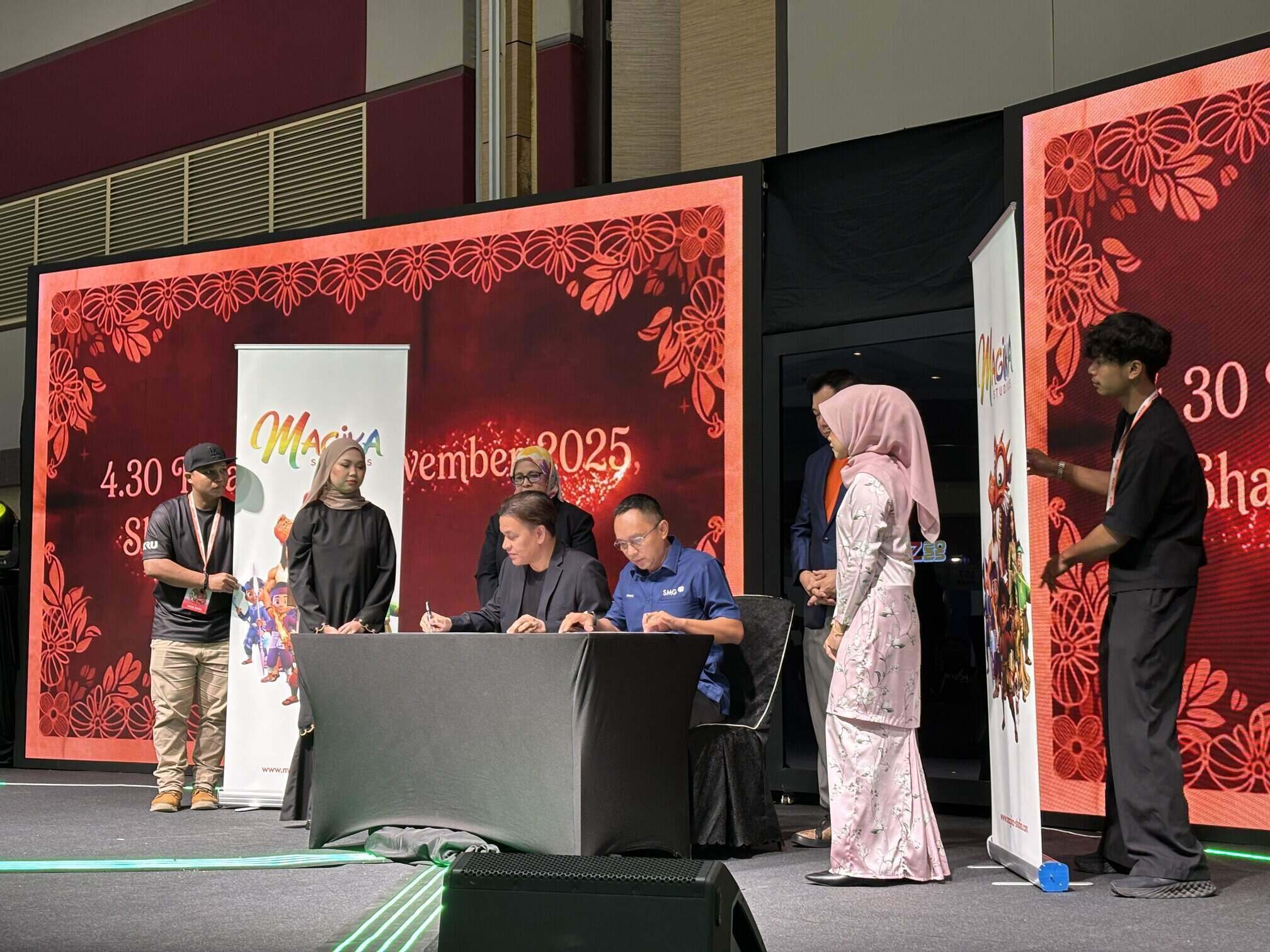Kota Kinabalu’s hotel industry is facing mounting pressure due to the government’s decision to reinstate an outdated licensing fee structure. The Malaysian Association of Hotel Owners (MAHO) has strongly opposed this move, highlighting the financial burden it places on registered hotels.
Under the previous system, hotels were only required to pay RM10 per room annually for their operating licenses. However, the revised fee structure now charges hotels based on daily occupancy—Class 1 hotels must pay RM4.65 per occupied room per day, Class 2 hotels RM2.65, and Class 3 hotels RM1.30. This results in a significant increase in expenses, with a 100-room Class 2 hotel operating at 60% occupancy now facing annual licensing fees of RM57,600, a sharp contrast to the RM1,000 previously paid.
Datuk Ngan Teng Ye, President of MAHO, has raised concerns over the classification system used for these fees, noting that it does not align with Malaysia’s official hotel rating standards set by MoTAC. The lack of transparency in determining these categories has added to the frustrations of hotel operators.
Furthermore, only licensed hotels are being affected by this policy, while unregulated STRA operators, such as Airbnb, continue to operate without oversight. Despite years of appeals from MAHO, MAH, and MyBHA for stricter regulations, STRA accommodations remain largely untaxed and unmonitored. In Kota Kinabalu alone, there are over 2,500 active Airbnb listings, compared to just 214 registered hotels, creating an unfair competitive landscape.
With Visit Malaysia 2026 fast approaching, this move could have long-term consequences for tourism in Kota Kinabalu. Rising costs may deter visitors, while local businesses that rely on tourism could also suffer from reduced demand. MAHO has urged the Sabah State Government to put the new fees on hold and consult with industry representatives to develop a more reasonable approach.













